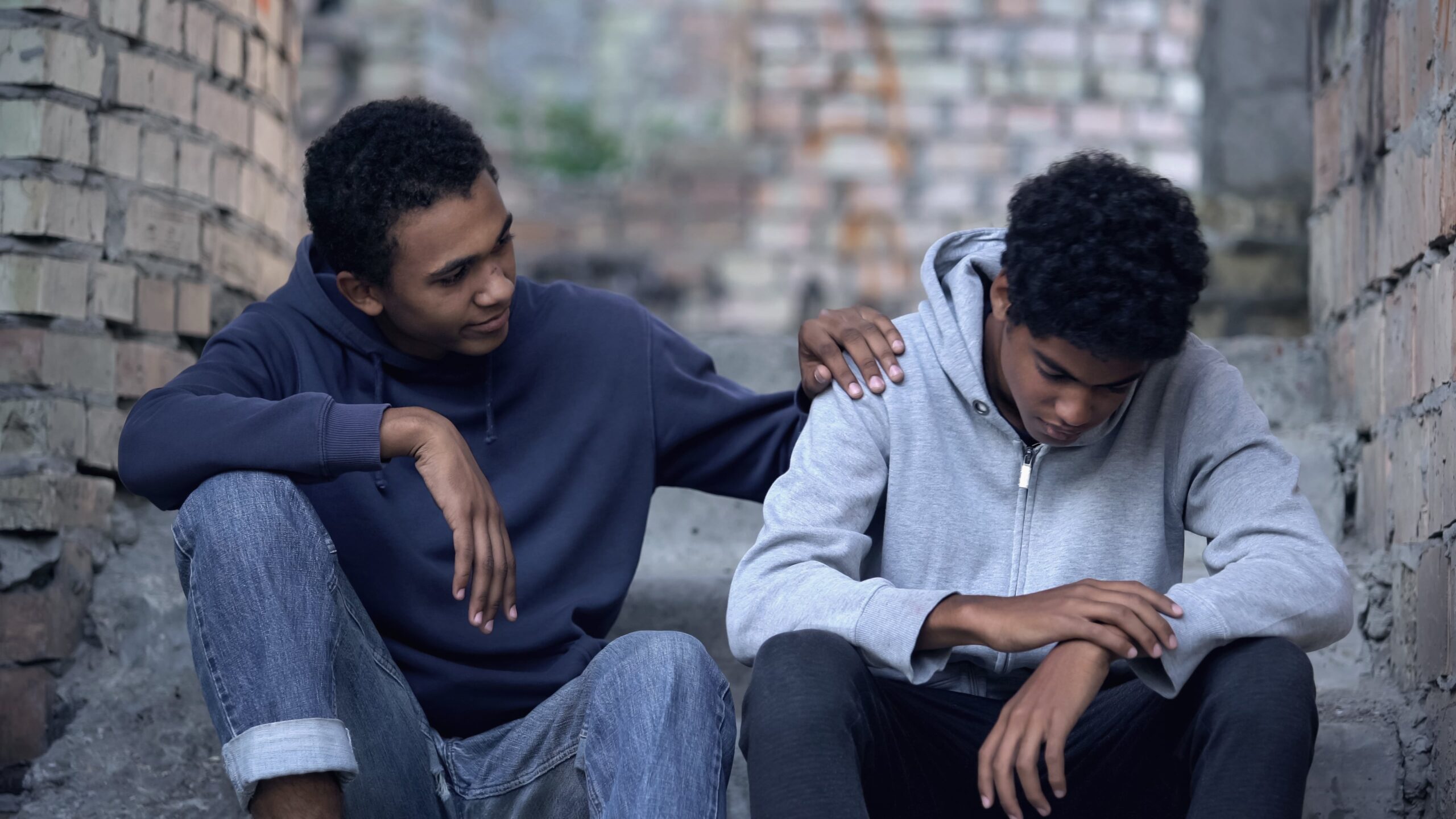What is passive suicidal ideation? According to the U.S. Centers for Disease Control and Prevention (CDC), suicide is one of the leading causes of death in almost every age group. In 2020 alone, the CDC reports, more than 45,000 Americans died by suicide. In the same year, experts estimate that more than 12 million adults in the U.S. thought about ending their own lives.
Healthcare professionals use the term suicidal ideation when discussing thoughts of suicide. It an attempt to indicate a person’s risk for acting immediately on such thoughts, researchers and other experts may use the categories active suicidal ideation and passive suicidal ideation.
The term active suicidal ideation sounds somewhat self-explanatory. But passive suicidal ideation may be a more difficult concept to grasp.
What is passive suicidal ideation? Are people who have passive suicidal ideation in danger? And how can you tell if someone you care about has been experiencing this form of suicidal ideation?
Arbor Wellness offers suicidal ideation treatment in Nashville, TN.
Important note: This post discusses suicidal thoughts, behaviors, and related concerns. If you are thinking about ending your life, or if you suspect that someone you know is in imminent danger of dying by suicide, please get help immediately. Contact an emergency services provider in your area, call the National Suicide Prevention Lifeline at 1-800-273-8255, or visit www.suicidepreventionlifeline.org.
What Is Passive Suicidal Ideation?
Neither active suicidal ideation nor passive suicidal ideation have established diagnostic criteria. In other words, these terms can mean different things to different people. With that in mind, here are the general parameters for each of these designations:
- Active suicidal ideation is usually used to describe the thoughts of a person who is in imminent danger of dying by suicide. Active suicidal ideation includes developing a plan for how a person intends to end their life.
- Passive suicidal ideation typically applies to less specific desires to die. A person who has suffers may not want to live, but they have not yet identified specific ways for ending their life.
It is important to understand what passive suicidal ideation is. It may be even more important to understand that the word “passive” does not imply that people who have these thoughts are safe.
Anyone who experiences any thoughts of suicide may be in grave danger and should be assessed by a qualified professional.
Passive Suicidal Ideation vs Active
This type of suicidal ideation includes having thoughts of suicide or self-harm, however, no plans to carry it out, while active includes thoughts of suicide and self-harm with intentions and plans to carry it out.
What Are the Warning Signs of Passive Suicidal Ideation?
It can be extremely difficult to discern if someone you know has been having thoughts of suicide. Many people go to great lengths to prevent others from realizing that they are struggling.
However, the following are examples of behaviors that could be warning signs of active and passive suicidal ideation:
- Frequently bringing up the topics of death and dying
- Commenting that their friends, family, or the world in general would be better off if they were gone
- Losing interest in topics, activities, and events that used to be very important to them
- Noticeable drop in performance in school or at work
- Cutting off contact or otherwise withdrawing from friends and family members
- Significant change in sleep patterns (sleeping either much more or much less than usual)
- Neglecting their appearance
- Acting with uncharacteristic recklessness
- Failing to pay bills, show up for appointments, and meet other personal and professional responsibilities
- Beginning to abuse alcohol or other drugs, or increasing their use of these substances
Any demonstrable change in mood, energy level, attitude, or behavior could be a sign of several problems, including (but by no means limited to) active or passive suicidal ideation. Anyone who exhibits these characteristics may be in danger. They should be encouraged to speak with a doctor, therapist, or other healthcare provider.
How Can I Help Someone Who Is Struggling With Passive Suicidal Ideation?
If you suspect that someone you know has been experiencing passive suicidal ideation, talk to them. Express your concern and ask them directly if they have been thinking about ending their life.
Regardless of what you may have heard, bringing up the topic of suicide will not put an idea into someone’s head or prompt them to take an action that they had not been previously considering.
Your willingness to have this conversation may demonstrate to your loved one that they are not alone and that they are worthy of compassion and assistance.
If the person acknowledges that they’ve been struggling with suicide, connect them with a professional who can help. Depending on the intensity of their suicidal thoughts, the best course of action may involve a counselor, therapist, emergency services provider, or suicide prevention hotline.
More: Suicide Prevention Resources
Who Is at Risk for Passive Suicidal Ideation?
The sad truth is that no one is immune from the risk of passive ideation. People of all ages, genders, nationalities, and socioeconomic levels can have thoughts about ending their lives.
However, certain factors can increase the likelihood that a person will experience suicidal ideation. These risk factors include:
- Having a family history of suicide
- Developing depression, posttraumatic stress disorder (PTSD) and certain other mental health conditions.
- Experiencing a traumatic loss, such as the death of a loved one, the abrupt end of a relationship, or the unexpected loss of a job
- Being bullied, abused, or neglected
- Living with certain chronic medical conditions or developing a serious illness
- Being subjected to levels of stress and pressure that exceed their capacity to cope
- Abusing or becoming addicted to alcohol or another drug
- Not having access to effective healthcare or support services
None of these factors mean that a person will definitely develop these thoughts or engage in suicidal behaviors. But people who meet one or more of the criteria listed above may have an increased risk for both active and passive suicidal ideation.
Get Treatment for Suicidal Ideation in Nashville, Tennessee
Passive suicidal ideation is not a mental health disorder, but it could be a sign that a person has developed a mental illness. Regardless of the cause of their thoughts, anyone who experiences active or these feelings deserves quality care from a reputable provider. If you or someone that you care about needs help for suicidal ideation, thoughts of self-harm, or any related concerns, please know that Arbor Wellness is here for you. Contact us today to learn how we can help.


















